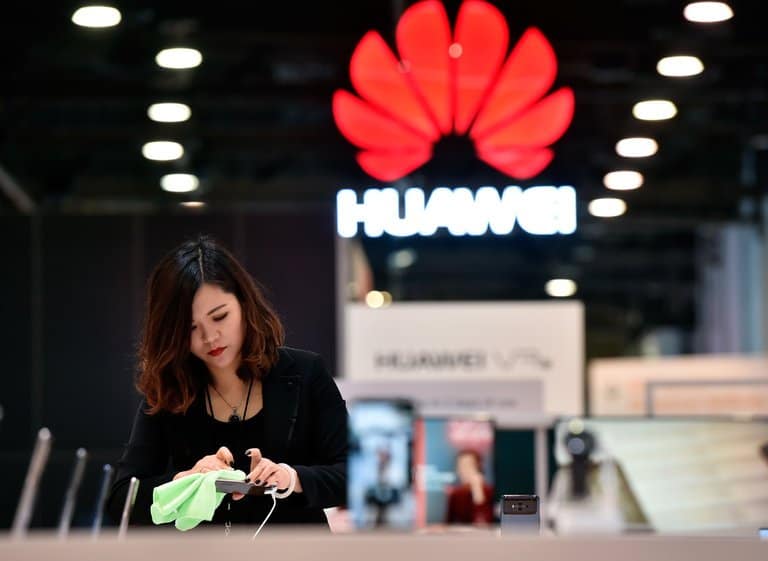
The Federal Communications Commission is joining the Trump administration, Congress and other government agencies that have targeted Huawei, China’s giant telecommunications equipment maker, as a national security risk.
Ajit Pai, chairman of the commission, on Monday proposed a rule to tighten restrictions on companies building internet infrastructure in the United States. Part of the rule’s impact may be to further crimp Huawei’s meager sales in America by potentially affecting some deals with small and rural carriers, analysts said.
The proposed F.C.C. rule would prohibit carriers from using money from the Universal Service Fund to buy gear from companies deemed to pose national security risks. The $8.5 billion fund subsidizes phone, wireless and broadband service to poor and remote communities. Its money comes from small monthly fees on consumers’ phone bills.
A first draft of the proposed rule will be published on Tuesday, starting a public comment period. An initial vote on the proposed rule will take place at an agency meeting on April 17.
The proposed rule does not mention Huawei by name. Instead, it says it would apply to any telecom supplier or subcontractor defined as a security risk. The agency also said it had not yet determined how it would identify companies that posed a risk to telecom systems, particularly as spying tools.
But there was no doubt that Huawei was a target of the proposal. The commission said it might decide to follow the lead of intelligence agencies and Congress. In its military spending authorization, Congress has prohibited the Pentagon from buying network equipment from either Huawei or ZTE, another Chinese equipment maker.
Huawei declined to comment.
American government policies and regulations, going back years and motivated by security concerns, have already hobbled Huawei’s access to the American market.
The big Chinese company had worldwide revenue of more than $90 billion last year. In the United States, its sales were $200 million to $300 million, analysts estimate. Most of the American sales are smartphones, though it does sell some network equipment to small and rural telecom carriers.
“This is one more step in the broader confrontation with China,” said Doug Brake, director of telecom policy at the Information Technology and Innovation Foundation, a nonpartisan research organization.
The Russian software company Kaspersky Lab is also on the banned list, after accusations that its antivirus software was a back door for surveillance by Russia’s intelligence agencies. Kaspersky has denied those accusations.
The F.C.C. proposal adds to recent moves by Washington to limit the reach of foreign tech companies in the United States. This month, President Trump blocked Broadcom’s $117 billion takeover bid for Qualcomm, a leading maker of smartphone chips. In his order, Mr. Trump said “credible evidence” had led him to believe that if Singapore-based Broadcom acquired control of Qualcomm, it “might take action that threatens to impair the national security of the United States.”
Huawei animated those concerns. The administration’s theory was that to make the costly deal pay off, Broadcom would cut back research spending by Qualcomm, undermining its ability to be a leader in next-generation wireless technology, so-called 5G. And that would further open the door for Huawei to win the race for 5G, a critical technology for the economy and for national security.
Mr. Pai, a Republican, was encouraged to take action by Congress, specifically in a letter on Sept. 20 from Senator Tom Cotton, an Arkansas Republican. Later briefings with intelligence agencies added to Mr. Pai’s determination to propose the rule, senior F.C.C. officials said.
